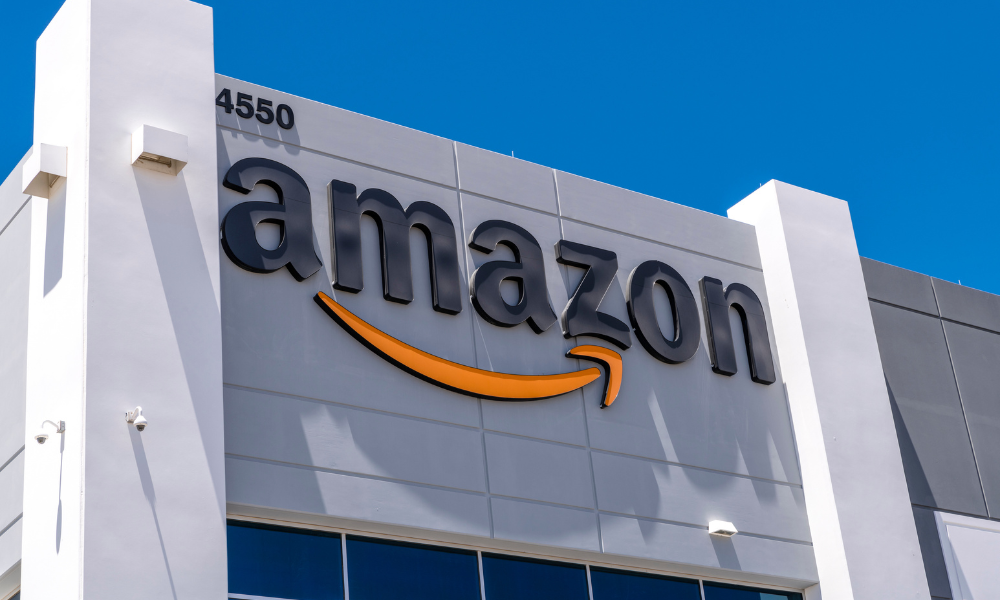Comments arrives amid a critical vote at a New York warehouse

Amid discussions on workplace safety and employee welfare, Amazon CEO Andy Jassy recently weighed in on the implications of unionization for the company's workforce.
In an interview on CNBC's Squawk Box last Thursday, Jassy maintained that while employees have the right to choose union representation, he believes they are "better off not doing so." He elaborated that Amazon allows workers the flexibility to directly address and implement changes beneficial for customers or themselves—a process he claimed could be stifed by union bureaucracy.
"[At Amazon] if they see something they can do better for customers or for themselves, they can go meet in a room, decide how to change it and change it," Jassy said. "That type of empowerment doesn't happen when you have unions. It's much more bureaucratic, it's much slower."
This commentary comes in the wake of a significant event earlier this month when workers at an Amazon warehouse in Staten Island, New York, voted to unionize—the first in the company's history to do so. The employees behind the unionization effort are seeking to negotiate collectively on a range of issues, including safety standards, training, breaks, pay, and benefits.
Amazon is contesting the Staten Island vote results and has historically opposed union efforts, investing $4.3 million last year in anti-union campaigns in Staten Island and Bessemer, Alabama, according to Labor Department filings as reported by HuffPost.
Jassy also highlighted Amazon's employee benefits, citing 20 weeks of paid parental leave and the Career Choice Program, which supports workers pursuing higher education. Additionally, he noted Amazon's leadership in raising wages, pointing out that the company increased its average starting wage to $18 an hour last fall.
Addressing another contentious issue, Jassy responded to criticisms over high injury rates at Amazon's fulfillment centers. In a letter to shareholders, he stated that the company's injury rates are "sometimes misunderstood." He explained that Amazon operates both in warehousing and courier/delivery sectors. While the company's injury rates are higher than those in standard warehousing roles, they are lower compared to delivery companies, positioning Amazon as "about average relative to peers."
Despite efforts to find a quick solution to improve safety, Jassy admitted: "When I first started in my new role, I spent significant time in our fulfillment centers and with our safety team, and hoped there might be a silver bullet that could change the numbers quickly. I didn't find that."





